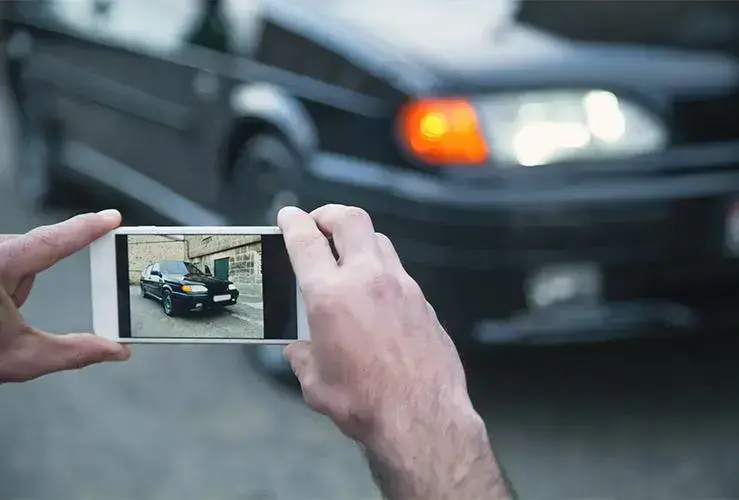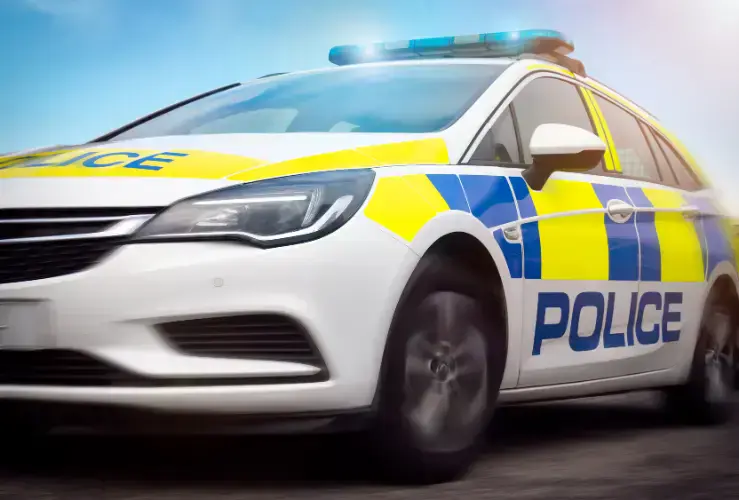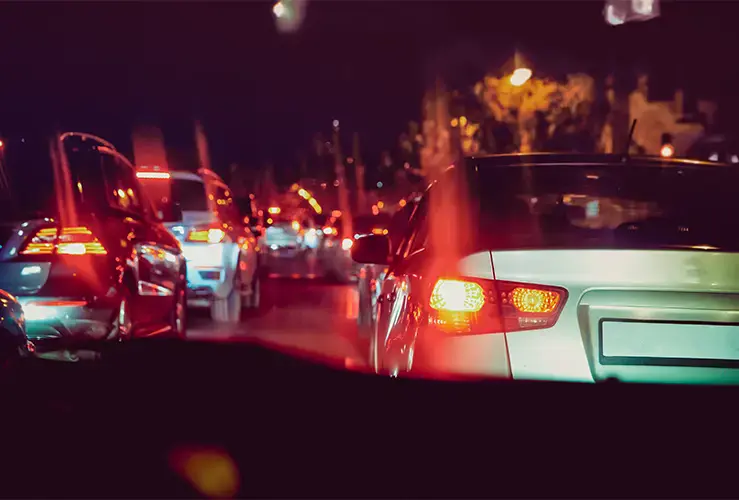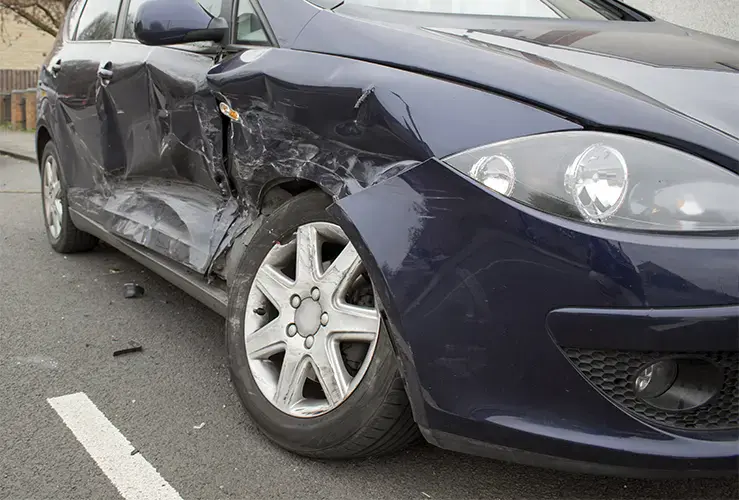While most drivers believe they know what to do if they have an accident, if and when the moment comes, it can be difficult to take the right steps - not least because of the shock that can accompany a collision.
So it's sensible to brush up on what to do if the need arises.

What to do straight after an accident
- Stop - bring your vehicle to a halt in a safe nearby location. You'll be breaking the law if you drive off.
- Switch off your engine
- Turn on your hazard lights
- Check for injuries - make sure you and your passengers are unharmed
- Minor collision - make a note of the incident in case any other parties decide to make an injury or damage claim.
- If someone is injured or the road is blocked - call the police and an ambulance.
- Stay calm and don’t get angry with any other involved parties. Take a deep breath and try to think clearly.
- Avoid accepting responsibility or saying sorry - this will help prevent you from being deemed liable later on if you weren’t to blame.

When in a road traffic accident, under what other circumstances should I call the police?
- If another driver involved in the accident flees the scene without leaving their details.
- If you believe another involved driver was under the influence of alcohol or drugs, or if you think they might not have insurance.
- If you believe the other driver deliberately caused the accident.
In these situations contact the police within 24 hours - give them details of what happened. Failure to do so may result in a penalty fine, points on your license, or perhaps even losing your licence altogether.

In the event of an accident, what information should I exchange with the other driver?
- Your name and address if damage or injury resulted from the accident
- Insurance information - the provider's name and policy type. You'll need to give the other party's insurance information to your insurer.
- If you can, determine if the driver is the vehicle's registered owner - or alternatively, who does own it.
- If the accident involved a lorry from overseas, note down the registration number plate on the driver’s cab section, and the trailer (if it's different). Note down the haulage firm’s name if it's visible.
- Exchange phone numbers if you can.
- Collect as much pertinent information as you are able.
Note down (or photograph, where applicable) the following information:
- Date and time of accident
- The involved vehicle's make, model, colour and registration number plate
- Details of road: markings, road condition, weather, lighting etc.
- Injuries to anyone involved - including drivers, passengers and pedestrians
- Contact details of anyone one who saw what happened
- Details of damage - including where that damage occurred. Take photos of this with your phone.
What if no other party was involved?
You may have hit an empty parked car or other private property when no one else was around. In this case, leave a note explaining what happened, along with your contact details. You could face criminal proceedings under the Road Traffic Act if you simply leave, particularly if there was nearby CCTV, or if someone witnessed the incident. As always, honesty is the best policy.
Next step: Make an insurance claim
Contact your insurer straight away - or as soon as you can. Have the following information ready to give them:
- Policy number, or identifying information such as postcode and registration number
- The other driver's name, address, contact number and insurance details if you obtained them.
- The other vehicle's registration number.
I don’t need/want to make a claim - what then?
You may wish to handle repairs yourself, or avoid losing your no claims bonus (NCB). But even if you do not intend to make a claim it is critical you tell your insurer what happened - because the other party may make a claim.
Were you the victim of a crash-for-cash claim?

Criminals sometimes orchestrate an accident in order to make fraudulent insurance claims - known as "crash-for-cash".
Common crash-for-cash techniques:
- Flashing headlights to let you go, then crashing into you
- Braking violently, causing you to bump into them
- Removal of brake headlights, so you bump into their rear
A crash-for-cash fraudster will say you are at fault, and may well have their contact and insurance details ready to give you (a possible clue they are would-be scammers). Once again, do not admit blame or apologise.
In such a scenario, you would then receive a letter from your insurer, with a list of damage and/or injuries. This is almost always exaggerated in order to maximise the payout. It might include whiplash injuries, towing fees, vehicle hire fees and others items.
Avoid such scams by taking extra care at roundabouts and merging junctions, and leave sufficient stopping distance between you and the vehicle ahead. Other things to look out for include erratic driving, or braking for no apparent reason. Keep a lookout for vehicles with apparently faulty brake lights.
Should you get a dashcam for extra protection?
According to a survey by which.co.uk in 2018, 27% of UK drivers now use dashcams to help keep them safe on the road. Recorded footage can help prove who was in the wrong - invaluable if you're the victim of a crash-for-cash scammer.





